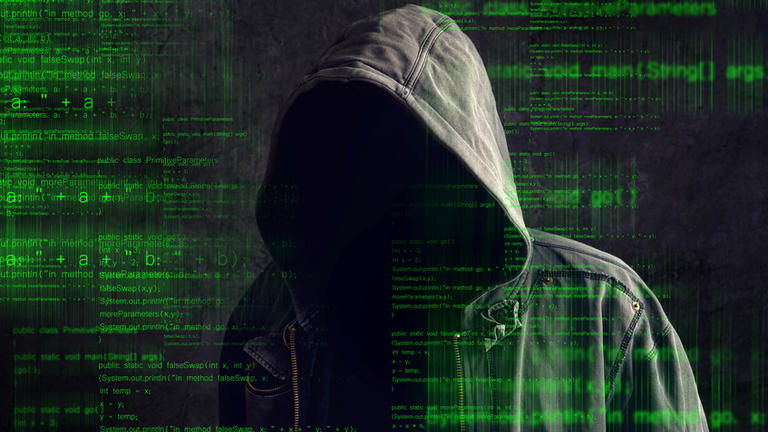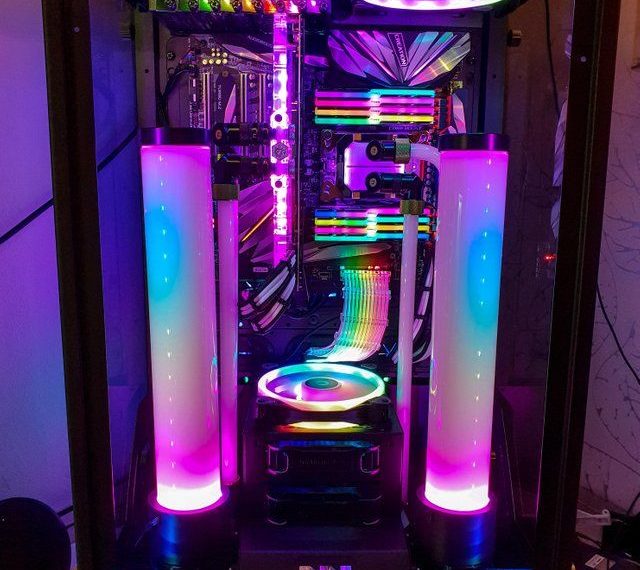Worried About Cyber Attacks and Hackers – Worry About Internal Leaks First
Does your small company train your employees to prevent cyber attacks or hackers from getting into your computer system? If not, you should definitely think about doing so. Far too many employees are lackadaisical when it comes to their passwords, and the inconvenience of typing in passwords, or protecting their personal tech devices which are now interfacing with the IT systems in their companies.
The other day there was an excellent blog post by Dan Rowinski posted to Read-Write-Web Online Citizen Journalist News titled; “Employees, Not Hackers, Are the Biggest Threat to Security” published on June 27, 2011. Dan rightfully points out that internal security is paramount and that it is “not always a tech issue, for instance in the article he states:
“While groups like Anonymous and LulzSec use sophisticated hacking methods (like SQL-injections), the greatest threat to security within the government and large corporations does not …












